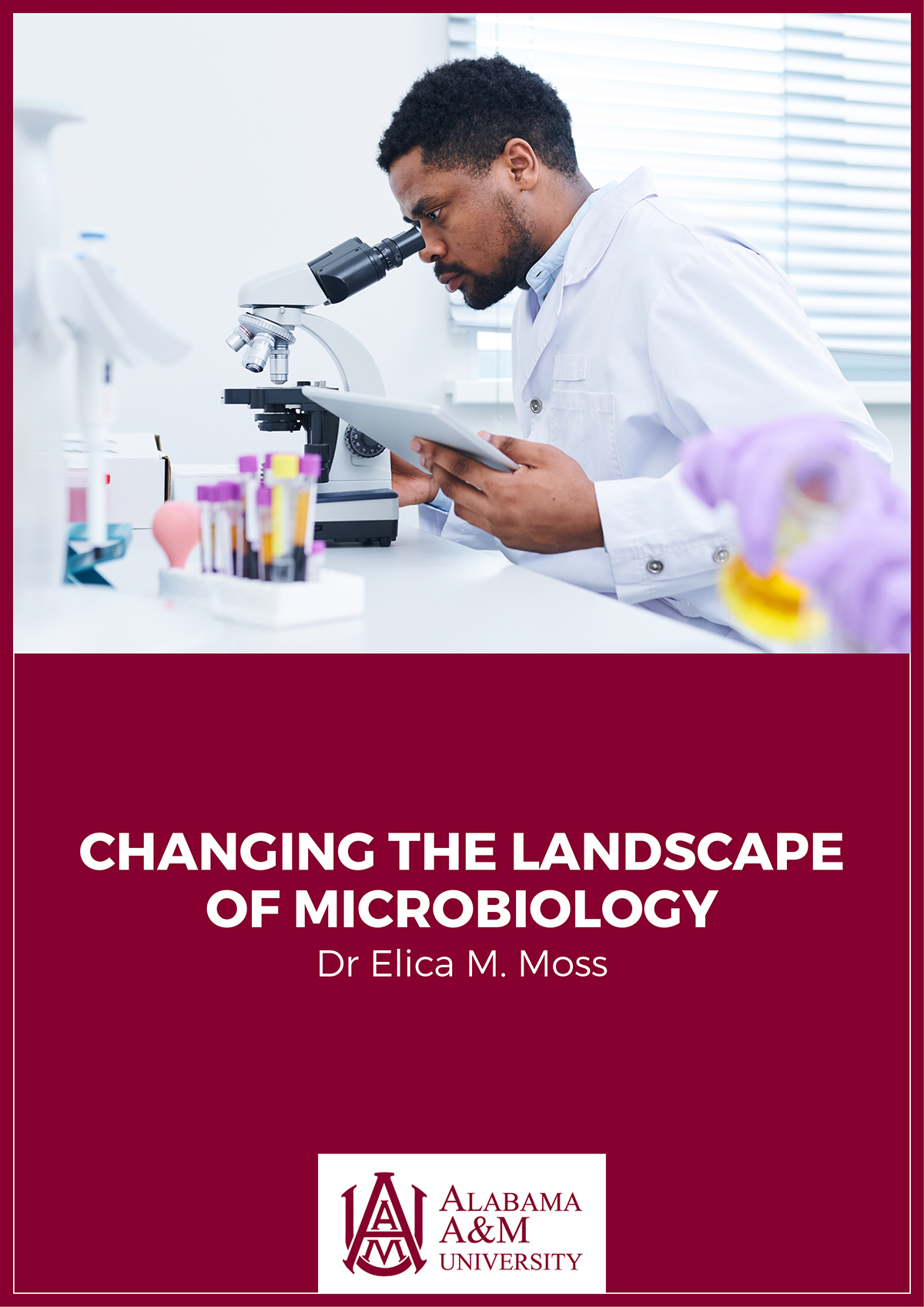Here, we interview Dr Elica M Moss, Research Assistant Professor at Alabama A&M University, about her work and how it seeks to change the landscape of microbiology
She currently holds the position of Research Assistant Professor and Environmental Health Science Coordinator within the Department of Biological and Environmental Sciences at Alabama A&M University and has recently received a specialisation in Epidemiology in Public Health Practice from Johns Hopkins University.
After the 2020 summer of Black Lives Matter protests that held the attention of the globe, examination of how African American communities are impacted by environmental health hazards remains a huge priority for scientists like Dr Moss. Racial justice is still emerging into the consciousness of the public sphere, in every available profession. She is one of a pioneering generation, with a clear mandate to make sure that fields like this do not leave anybody behind.
From the disproportionate impact of COVID-19 on minorities, to the eerie presence of mercury build-ups in the local ecosystem, the US has a clear problem in its ongoing risks to human and non-human health. The Flint water crisis was a clear example, but there are hundreds of dangerous situations that edge closer to a public health crisis everyday.
How can these things be prevented? How can policymakers make sure these things don’t happen again?
The lack of minority presence in certain scientific fields has historically led to a less rigorous output – for instance, the field of Conservation led by those unaware of Indigenous communities could often focus on the abstraction of plants and fauna, while missing the crucial role of land management.
Here, she talks us through some of the key developments in her field, and how it all connects to the overall landscape of microbiology. With many strong studies published already, Dr Moss continues to present solutions to these problems – and bring her dedicated students along for the ride.


